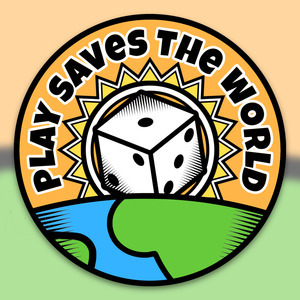Episode 25
Reflections on Teaching a College Class on Board Gaming
March 5th, 2023
52 mins 21 secs
Tags
About this Episode
Ideas behind the class
What are board games, what is their history, how do they work, and why do they matter?
Structuring the class
I revisited some of our previous episodes – defining a game, Bernard Suits, Jane McGonigal
- Defining a board game
- history of board games
- mechanisms of board games (card drafting, worker placement, Euro, Ameritrash, bluffing, player elimination, trading, set collection)
- Games that teach history or lessons
- Games that are roleplaying and open-ended (TTRPG like D&D)
- Games and life, such as McGonigal Reality is Broken
- Magic circles: games and religion
Board Game Lab: the experience of playing board games
Documents in your syllabus that are familiar to the BGF community (The Grasshopper, Reality is Broken, Theology of Play, Meditations on Tarot), but a new addition is Nietzsche’s Zarathustra.
Games that we have played
- Kingdomino – Euro and set collection
- Secret Hitler – deception and social deduction
- Coup - deception and social deduction
- Pandemic (couldn’t finish) – co-op game and so influential
- Freedom (couldn’t finish) – a game that teaches
- Dune Imperium (couldn’t finish) – card drafting, a race, worker placement, hand management
- Happy Salmon – silly party game that is fun but kind of pointless (which is part of the fun)
- Bohnanza – trading, set collection, hand management
Things I have learned - What are you taking away from it?
- Spending time with young people is pretty wonderful
- It’s great to do theory and then experience/practice, especially in a small group/pod setting
- People are different – one dude loves the social deduction and bluffing element of Coup, while someone else loves the soothing Euro game Kingdomino
- Youths catch on quickly, and they love games
